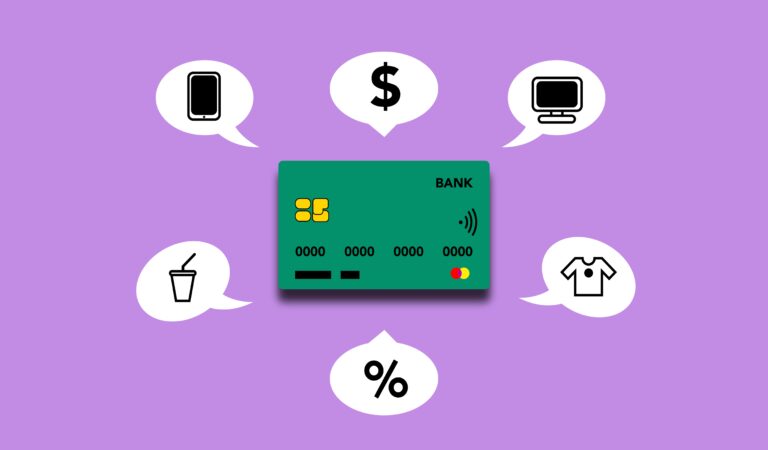In recent times there has been an increase in demand for cloud-based solutions around the world. These solutions include everything from secure data storage to entire business production.
What is cloud storage?
It’s basically an outsourced solution to store your data in any format. Despite keeping data in hard drives nowadays users usually use internet facilities and servers to store their important data. There are various data centers and hubs which function to store the data and keep it secure and safe in the name of the user’s profile.
Nowadays, Enterprises prefer cloud storage solutions to local drives to resolve plenty of problems. Small scale businesses moved to the cloud to securely store data to cut down expenses. IT sectors and specialists have chosen the cloud as one of the finest and secure methods of preserving sensitive content. Accessing any data remotely resembles accessing a cloud at any time anywhere.
Types of cloud storage:
Uniqueness takes over every demerit and promotes all its merits.
Cloud storage is mainly of three types:
- Public cloud: Accessibility and Security is the only motive of this type. For any type of unstructured or large volume data, this type is apt. The facility of customized attention from public cloud providers is the missing advantage of this type.
- Private cloud: Private cloud hosting services are nothing but on-premises solutions to secure data storage. This system offers the user with unlimited control over the storage space. Private cloud storage in comparison to the public cloud is more expensive just because the physical hardware and drives are maintained by the owner of the cloud-providing company.
- Hybrid cloud: Many companies have to keep large-sized data files on the public cloud and sensitive and private contents on a private cloud. This hybrid brings the overall facility to customize the data and afford all the security.
Is your data secure?
Each and every file stored on the cloud securely marks the next level of cyber security. The most crucial security credential used nowadays is the password or security PIN. Its security means include:
- Advanced firewalls: Any type of firewall functions for the treatment of traveling data packets. The source and destination data are also examined. The advanced firewalls check up the content integrity. These programs then sort out the security threats regarding the content.
- Internal firewalls: Internal security is ensured through this means. Internal firewalls ensure the protection of data ensuring no access to cloud data through whoever tries to break into it. Not all accounts possess access to the internal data packets thus it’s in the innermost shield to the protected data.
- Intrusion detection: Cloud storage serves multiple users at the same time. Identification of the insecure mean of draining information from cloud storage is the successful cloud security system on which the above security systems rely upon. If there is any attempt of unauthorized access, detections are performed at multiple stages to ensure that cloud vendors possess the capacity to stop illegal intrusion or un-shielding the initial means of defense.
- Event logs: Events occurring with cloud data are recorded through event logging. Thus, any threat recorded is the way of understanding the source of invasion of any unknown access. The logs of events are the only way of intrusion detection, in fact keeping the details of timing as well as location.
- Encryption of data: Encryption is the keyword of security to keep data safe from any unauthorized users. Key is the only secure way to access the encrypted data in cloud storage no matter whoever attempts to steal or even steal the secured files. Unless one has the respective key for the particular data, it’s worth valueless.
Risks regarding Cloud:
It is very rare to face security breaches in case of poor cloud storage protection. The security breach is mostly due to employee error. As security increased per user cloud account, the risk of unauthorized intrusion is less. Major factors contributing to cloud security system.
- User authentication: Primary security rely upon the user accounts. Many users are unable to set their passwords too strong to be cracked. Many of them use a pen to paper to record their virtual passkeys of the cloud accounts. These insecure means lead to major security breaches in the system.
- Privacy awareness: Since we are living in a virtual era. The majority of our private info is associated with cloud information. Nowadays, almost every job is linked to cyber-security. Awareness of security is the only way to make people learn of virtual privacy. The awareness of criminal break and how to respond against cyber-attacks are needed to be initialized to prevent common attack vectors.
- Protection against Phishing: Phishing scams are still listed at the top as the most common cyber-attack technique. These attacks include secure credentials of user emails and passwords. The very next step of the intruders is to try to break into a more sensitive zone of any business or major system.
- Data breach drills: data breaches must be simulated by employees in order to stop phishing attacks. Quick response against any type of breach can lead to recovery of security. So, protocol against any suspicious activities can result in improved security to give positive feedback to users.
Read more: How Fintech plays an essential role in Banks After the Covid-19 Pandemic
Up-gradation and upcoming facilities in the cloud:
The recent updates brought to you by the cloud providing companies in the state of the art security. The vendor’s security guidelines must be strictly followed. The clouds can be the secure way of internet-based storage method but the avoid may lead to better privacy. Cloud storage is virtually unlimited.
Many IT companies prefer to invest in cloud storage compared to on-site storage to save money. Lastly, cloud storage has helped a lot for the backup of data and information (may be private or public) in situations of accidental loss just by synchronizing them from the cloud. What’s your opinion? Up to what extent have cloud facilities reached out to the security of data?
The article was written by Debjit Chattopadhyay & Rahul Majumdar.























